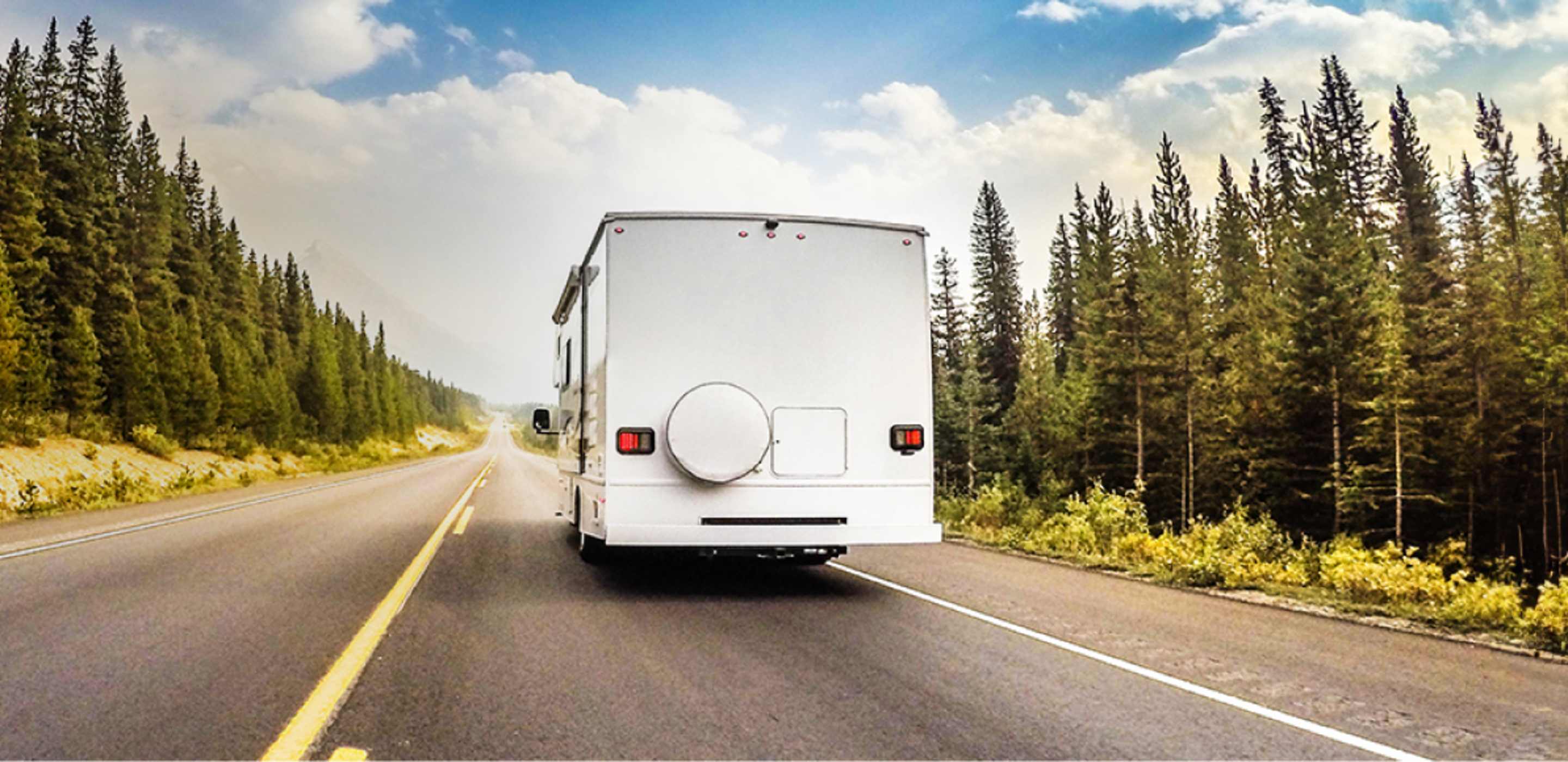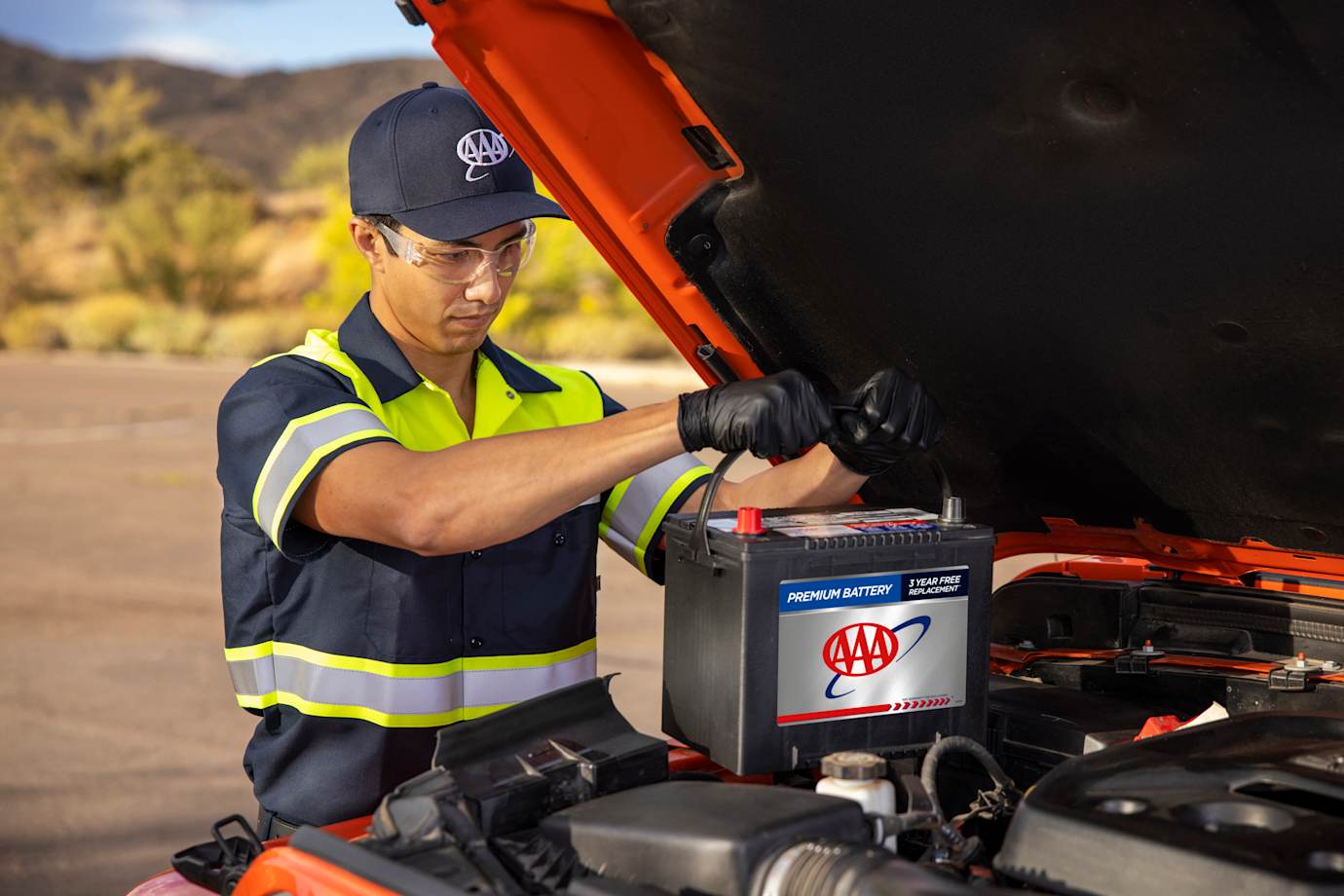
Common RV Insurance Discounts
Recreational vehicle (RV) insurance can help if you’re involved in an accident, and many carriers offer discounts that may save you money. RV insurance discounts vary by carrier, but common ones include:
Multi-Policy
You may qualify for a multi-policy discount when you insure your RV along with your home or auto.
Anti-Lock Braking (ABS)
You may qualify for a discount if your RV is equipped with a factory-installed anti-lock braking system.
Responsible Driver
You may be eligible for a discount if you don’t have any motor vehicle accidents or violations.
Pay in Full
You may get a discount when you pay your policy up front.
RV Coverage Options
Your coverage options will depend on the type of RV or travel trailer you own. See some common coverage options below:
Bodily Injury
Helps pay medical or funeral costs if you cause an accident that injures other people
Property Damage
Helps cover damage that your RV causes to other people’s property if you’re at fault
Uninsured/Underinsured Motorist
Helps cover your medical or funeral costs if you’re injured and the at-fault driver is uninsured or underinsured
Personal Injury Protection (PIP)
Helps cover medical and funeral costs, lost wages, and household expenses, like childcare, regardless of who caused the accident
Total Loss Replacement
Replaces your “totaled” RV with a new model of similar make and quality
Full Timer’s Package
Provides extra coverage for policyholders who use an RV as their home
Emergency Expenses Coverage
Helps pay for lodging or a travel home if your RV becomes unusable while you’re on the road
Personal Property Replacement Cost Coverage
Helps replace any personal items damaged, destroyed, or stolen from your RV
Vacation Liability Coverage
Protects you if someone gets injured at your RV site while your RV is parked
Roof Protection
Helps cover roof repair or replacement if the roof malfunctions, even due to wear and tear
Pest Damage
Helps cover damage caused by rats, birds, and other undomesticated animals
Pet Injury Coverage
Helps pay veterinary fees or replacement costs if a pet is injured while riding in your RV
AAA Roadside Assistance for RVs
AAA Premier Membership* provides roadside assistance for your RV or travel trailer. Services include battery jump start, flat tire swap, fuel delivery, and 200 miles of towing.
*AAA Membership is not insurance. Insurance is sold separately.
